State puts prison healthcare problems under a new health care service provider
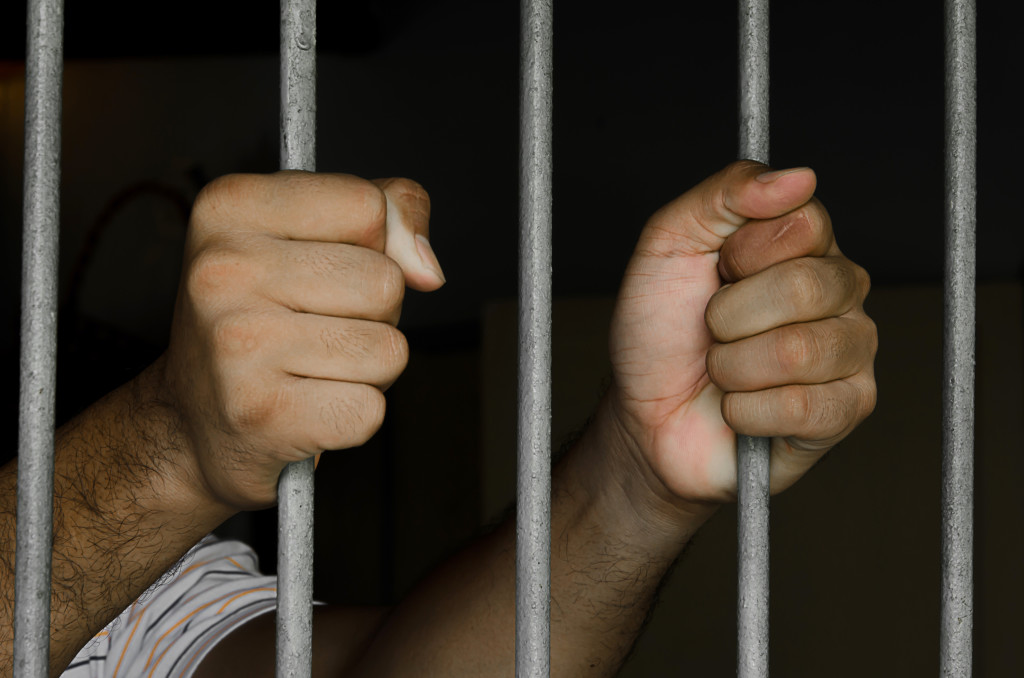
On Tuesday, the Alabama Department of Corrections (ADOC) announced that YesCare, Corp. has been selected to enter negotiations for the department’s comprehensive healthcare services contract. Inmate healthcare has been a problem in Alabama prisons for years. Alabama Today spoke with a psychiatrist who formerly worked for ADOC treating the inmates/patients. “Care sucked in the late 1990s and early 2000s,” said the doctor, who asked that his name not be used. “It sucked in the early-mid 20teens. It has been going on for 20 years. Guess what? It still sucks!” Alabama Today asked if recruiting physicians who want to treat convicted criminals is difficult. “It doesn’t suck this bad in other states,” the doctor said. “It doesn’t suck this bad at Bryce or at Searcy back in the day. Why must Alabama prison health care suck so bad for so long? Hint: idiots and cheapskates and apathy, mainly.” “I was seeing 36 to 40 patients a day,” the doctor continued. “It was ridiculous.” YesCare was among four healthcare companies that responded to the ADOC’s request for proposals (RFP), which was issued on September 26, 2022. In addition to YesCare’s proposal, the ADOC received submissions from Centurion, VitalCore, and Wexford. “The RFP evaluation committee conducted a thorough and extensive examination of each vendor’s proposal. After careful consideration of the evaluation committee’s recommendations, the ADOC decide to enter into contract negotiations with YesCare based on a combination of quality care and overall cost,” said Commissioner John Hamm. The Southern Poverty Law Center (SPLC) has sued the state in federal court on behalf of several current and former Alabama inmates, alleging that the state does not provide adequate mental health treatment, drug treatment, and healthcare to inmates. The lawsuit, Braggs v. Dunn, was filed in 201allegedlleges that ADOC systemically puts the health and lives of incarcerated people at risk by ignoring their medical and mental health needs and by discriminating against incarcerated people who have disabilities – violations of federal law by a prison system that has one of the highest mortality rates in the country. Ashley Austin is a staff attorney for the SPLC’s Criminal Justice Reform Practice Group. “Alabama must provide constitutionally adequate care for the human beings in its prisons,” Austin said. The SPLC and the Alabama Disabilities Advocacy Program joined the law firms of King & Spalding and Hogan Lovells in presenting evidence that they claim shows horrific and inhumane conditions inside the prisons. The state has been ordered by federal judge Myron Thompson to hire additional corrections officers. The state is also facing a U.S. Department of Justice lawsuit alleging that the conditions in Alabama’s 27 correctional facilities are so inhumane that incarceration in Alabama’s prisons constitutes cruel and unusual punishment and is thus unconstitutional under the Eighth Amendment. The negotiations on the final terms of the contract are expected to take weeks. In its recommendation, the RFP review committee considered the company’s experience and qualifications, delivery of care, program management, support services, staffing requirements, and compensation. The four-year and six-month contract will go into effect on April 1, 2023. YesCare is headquartered in Brentwood, Tennessee. They have more than 40 years of correctional healthcare experience, having served clients and patients at more than 475 facilities across the country. Details of the contract or even the bids have not been released to the public. Once the contract is final, all proposals and the results from the RFP review committee will be public record. To connect with the author of this story, or to comment, email brandonmreporter@gmail.com.
Southern Poverty Law Center announces grants to boost voter participation in marginalized communities

The Southern Poverty Law Center (SPLC) has announced funding aimed at boosting voter participation that will focus on marginalized Black and non-white voters, reported AL.com. The $4.6 million in funding from SPLC will go to 39 voter outreach organizations across the Deep South. The Vote Your Voice grants aim to boost voting education and mobilization, especially among communities of color. Alabama received $210,000 total from the latest round of grants. According to the SPLC website, the grants will support voter education, registration, and mobilization, especially among communities of color. The grants add to an earlier investment of more than $11 million in two-year grants awarded last year. Evan Milligan, executive director of Alabama Forward, said that the Montgomery-based non-profit civic engagement group received $90,000 that will go toward hosting the festival. “Alabama Forward is excited to use these ‘Vote Your Voice’ grants to empower communities, especially young Alabamians, to make their voice heard through their vote. We are using popular education tactics to infuse music with releasable and hopeful messages that invited artists and influencers to freshly consider the value of voting this November,” stated Milligan. Additionally, The Ordinary People Society received $90,000, and the Alabama Institute for Social Justice received $30,000. “With the recent wave of unprecedented attacks on civil rights and liberties that disproportionately target communities of color, women, and people with disabilities, it is more important than ever to defend our right to vote and make our voices heard,” stated Lecia Brooks, chief of staff and culture for SPLC. “These grants will empower communities to get out to the polls, exercise their freedom to vote, and stand up for their right to an equal voice in government.” According to AL.com, the money will be applied toward hosting Trap Democracy festivals that will run from 4-9 p.m. for each event. The festivals will take place in the following cities: Friday, September 23, at King’s Canvass in Montgomery Friday, October 7, in Troy Saturday, October 8, in Mobile Friday, October 14, in Huntsville Saturday, October 15 in Talladega Friday, October 21 in Tuscaloosa Saturday, October 22 in Birmingham The location for most of those festivals has not been announced.
Paul DeMarco: Alabama lawmakers side with liberal interest group over state public safety officials

Some lawmakers in the Alabama Legislature are again showing that their “law and order” campaign promises do not necessarily match their actions in the state capitol. This past week a bill being pushed by Alabama Appleseed that would weaken the state’s ability to suspend driver’s licenses for those who do not pay their traffic tickets passed the Alabama House Judiciary Committee. The Alabama Senate has already passed a version of this bill. The bill raised strong opposition from the office of Alabama Attorney General Steve Marshall and the Alabama Law Enforcement Agency. The concern is if this bill becomes law, it will take away a punishment to deter those that break the law from being held accountable for traffic violations and associated fines. Further, law enforcement argues that there are already ample safeguards in place that indigent offenders can take advantage of, such as requesting a payment plan for their fines. Despite efforts to convince lawmakers this legislation was not in the best interest of public safety, a version of this bill passed the full Senate and the House Judiciary Committee. Notably, the State of Alabama is in active litigation against the Southern Poverty Law Center (SPLC), which has tried, and failed, to have Alabama’s current law on driver’s license suspensions struck down. Thus, both Alabama House and Senate members have voted to help the SPLC in their efforts to dismantle the State’s hard-earned victory in court to pass legislation that public safety officials were fighting. Hopefully, this bill will die in the few remaining days of the Alabama Legislative session, but shame on Alabama legislators–particularly Republicans–for either not doing their homework or for putting the interests of a liberal advocacy group above public safety. Paul DeMarco is a former member of the Alabama House of Representatives.
Attorneys reviewing judge’s order on prison staffing, care
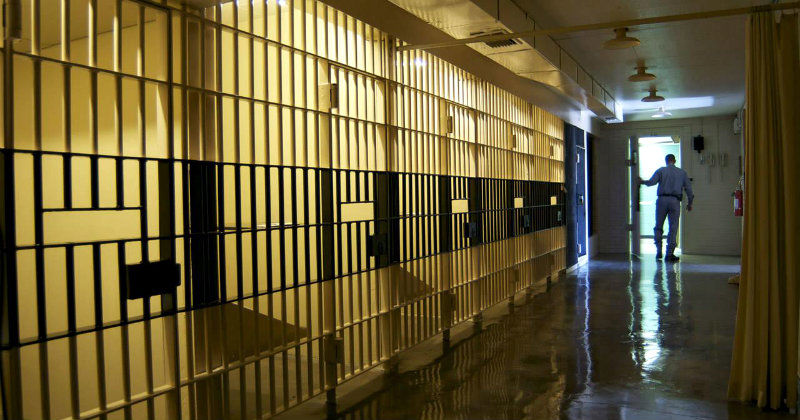
Attorneys for inmates say they are reviewing a federal judge’s ruling that extended a deadline for Alabama to increase prison staffing but also ordered other changes to the care of inmates with mental illnesses. U.S. District Judge Myron Thompson on Monday issued a massive 600-page opinion regarding corrective measures for mental health care in state prisons. Thompson in 2017 ruled that mental health care in state prisons was so “horrendously inadequate” that it violated the U.S. Constitution’s ban on cruel and unusual punishment. “We are reviewing this ruling now but are gratified by the time and care Judge Thompson has put into this issue,” Larry Hannan, a spokesperson for the Southern Poverty Law Center, wrote in an email. Thompson chided the state for the lack of progress in addressing a shortage of correctional officers, an issue that he said was at the root of many of the problems. The federal judge extended a deadline from 2022 until 2025 for the state to adequately staff prisons but said the state should meet yearly benchmarks. According to the opinion, attorneys representing inmates had asked Thompson to enforce his original 2022 deadline. Thompson wrote he was adopting a “hybrid of the timelines proposed” by the two sides. He granted the state an extension but said yearly staffing benchmarks will be developed for the prison system to meet by the end of 2022, 2023, and 2024. “However, when the amount of work (much of which should have been done years ago) ADOC must put into achieving adequate correctional staffing is considered, July 2025 is just around the corner. Time is of the essence. Every week and month is dear. The court, therefore, agrees with the plaintiffs that it is necessary to impose certain intermediate benchmarks against which ADOC’s progress may be assessed,” Thompson wrote.
Legal group puts $100 million toward voter work in South
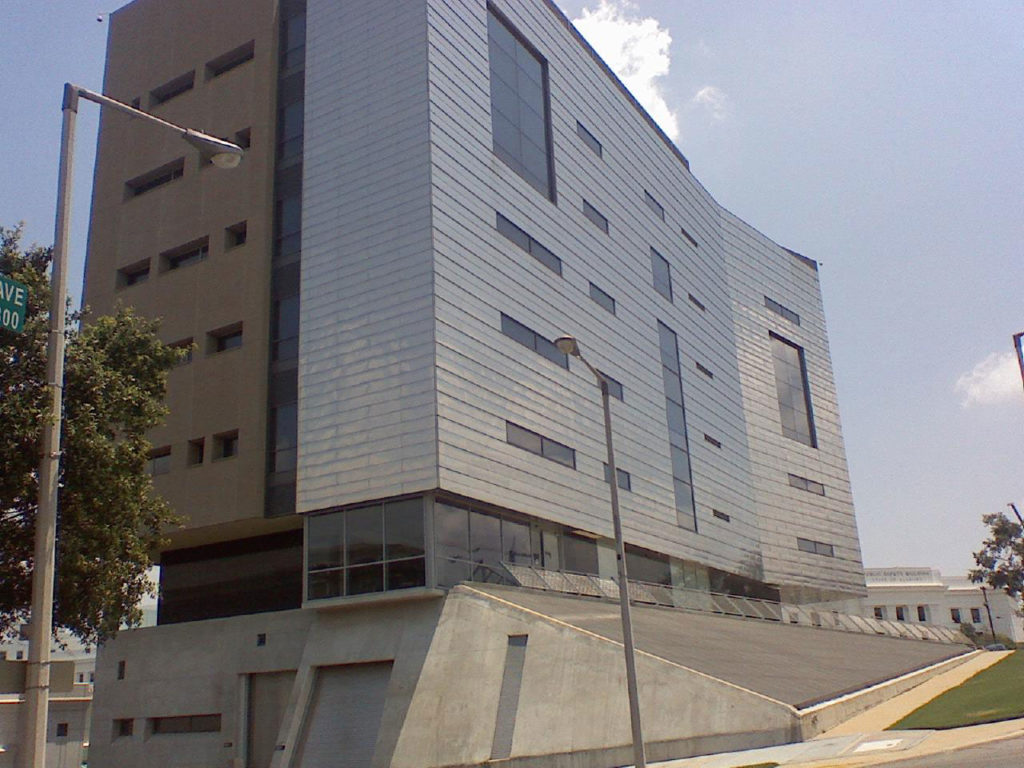
The Southern Poverty Law Center on Monday announced it is putting $100 million toward an effort to increase voter participation in the Deep South over the next decade. The liberal organization’s Vote Your Voice program supports organizations working in Alabama, Florida, Georgia, Louisiana, and Mississippi. The Community Foundation for Greater Atlanta will administer grants that can be used for civic engagement, build voter engagement ahead of the 2030 redistricting process, and support efforts that help train and launch a new generation of political leaders, a statement said. Margaret Huang, president and chief executive of the SPLC, said Voice Your Vote began as an effort to increase voter registration and turnout, “particularly in communities of color who would most benefit from a true inclusive democracy in the South.” “However, to ensure a government exists that truly is ‘by the people, and for the people,’ we must expand our efforts to push against the anti-democratic statements and actions of many state and local officials in the Deep South,” Huang said. Tax forms show the Montgomery-based nonprofit organization reported $587 million in net assets in January 2020, an increase of nearly $45 million from a year earlier. Several states, including Florida and Georgia, have implemented new voting restrictions that have become the subject of litigation. Republished with the permission of the Associated Press.
Alabama lawmakers OK plan to build prisons with virus cash

Amid a national debate over the use of pandemic relief funds, Alabama lawmakers swiftly approved a plan Friday to tap $400 million from the American Rescue Plan to help build two super-size prisons, brushing off criticism from congressional Democrats that the money was not intended for such projects. The Alabama Legislature gave final approval to the $1.3 billion prison construction plan, and to a separate bill to steer $400 million of the state’s $2.1 billion from the rescue funds to pay for it. With legislative leaders standing behind her, Alabama Gov. Kay Ivey signed the bills into law soon afterward. The Republican called the construction plan “a major step forward” for the prison system, which faces various federal court orders and a lawsuit from the U.S. Department of Justice. “This is a pivotal moment for the trajectory of our state’s criminal justice system,” Ivey said. President Joe Biden’s sweeping $1.9 trillion COVID-19 rescue package was signed in March, providing a stream of funds to states and cities to recover from the coronavirus pandemic. Alabama’s plan to use almost 20% of its American Rescue funds for prison construction drew criticism from some congressional Democrats, including U.S. Rep. Terri Sewell of Alabama, who argued that was not the intent of the relief program. But state Republicans argued that the expenditure addresses a public safety need and is allowed under a provision to replace lost revenue and shore up state services. Republican Sen. Greg Albritton said the funds will “go a long way” to addressing the state’s longstanding problems in prisons. “This was the right thing for Alabama to do. We’ve got crumbling infrastructure. We’ve got people housed in places that are filthy. We’ve got individuals working in conditions that are unsafe,” Albritton said. The plan drew opposition from many Democrats in the House of Representatives but had minimal dissenting votes in the state Senate, where senators approved the use of the pandemic money in a 30-1 vote and the overall construction plan in a 29-2 vote. Democratic Rep. Juandalynn Givan of Birmingham, who voted against the bills in the House, said she hopes the federal government steps in and tells the state the expenditure is not allowed. “There are many needs here in the state of Alabama and there are many people who need these funds,” she said. “But they (Republicans) saw an opportunity to take the Biden money, that $400 million, because it was just like liquid water flowing through their hands and say, ‘OK, let’s jump on it,’” Givan said. U.S. House Judiciary Committee Chairman Jerrold Nadler of New York this week sent a letter to Treasury Department Secretary Janet Yellen asking her to “prevent the misuse of ARP funding by any state, including Alabama” to build prisons. Asked Wednesday about Alabama’s plan, White House press secretary Jen Psaki said, “I would be surprised if that was the intention of the funding.” Republican legislative leaders said they are comfortable they can legally use the funds because the American Rescue Plan, in addition to authorizing the dollars for economic and health care programs, says states can use the money to replace revenue lost during the pandemic to strengthen support for vital public services and help retain jobs. The U.S. Department of Justice has sued Alabama over a prison system “riddled with prisoner-on-prisoner and guard-on-prisoner violence.” The Justice Department noted in an earlier report that dilapidated facilities were a contributing factor to the unconstitutional conditions but wrote “new facilities alone will not resolve” the matter because of problems in culture, management deficiencies, corruption, violence, and other problems. The Alabama prison construction proposal calls for three new prisons — a prison in Elmore County with at least 4,000 beds and enhanced space for medical and mental health care needs; another prison with at least 4,000 beds in Escambia County and a women’s prison — as well as renovations to existing facilities. Six current facilities would close. The package of approved bills includes modest reform measures: The state will purchase a vacant private prison and use it to house parole violators — instead of sending them back to prison — and provide rehabilitation programs there to try to combat recidivism. Corrections Commissioner Jeff Dunn said the construction plan was both the “right thing to do” and would help the state “with respect to DOJ, with the other litigation.” Advocacy groups argued the state needed to take on broader reforms. “The Alabama Legislature has proved its determination to spend $400 million of American Rescue Plan funds to build two mega-prisons when we have one of the highest COVID death rates in the world,” said Katie Glenn, policy associate at the SPLC Action Fund, an arm of the Southern Poverty Law Center. “It won’t solve the problems plaguing the prison system, only decarceration can do that.” Republished with the permission of the Associated Press.
Alabama-based group providing $10M in grants in 5 states
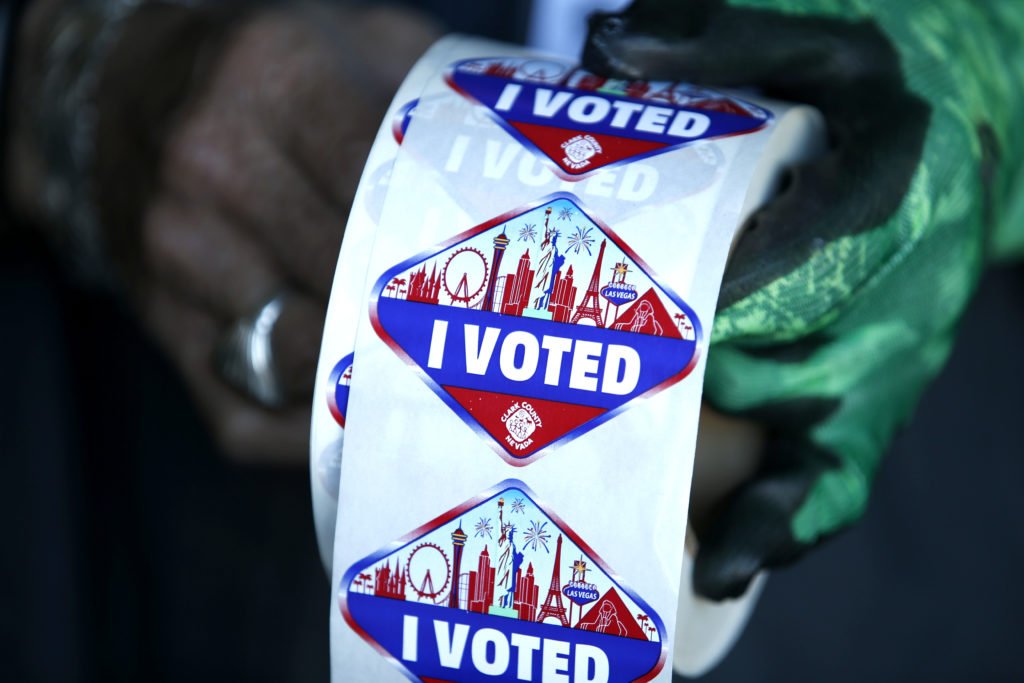
A liberal nonprofit organization based in Alabama says it will provide more than $10 million in grants over the next two years to increase voter outreach across the Deep South headed into the midterm election. Announced by the Southern Poverty Law Center on Thursday, the Vote Your Voice initiative will be administered through the Community Foundation for Greater Atlanta. Grants ranging in amounts from $50,000 to $300,000 will be available to nonpartisan organizations in Alabama, Florida, Georgia, Louisiana, and Mississippi. Money will be available to register and mobilize minority voters and others, including people who have been removed from voting rolls and those who don’t vote very often, the law center said. The grants can also fund work to protect voting rights; restore the voting rights of people who were in prison; and engage communities about districting issues. Democrats and progressive groups have accused officials in Georgia, Alabama, and other Southern states of using rules and laws to suppress the minority vote. Republican supporters of such measures argue that restrictions are necessary to prevent voter fraud and to stop ineligible people from voting. Vote Your Voice provided 40 groups in the five states with more than $12 million last year to help register voters and increase voting participation among people of color, the announcement said. “We continue to believe deeply in empowering southern organizations to do the hard work on the ground registering, educating, and mobilizing voters regardless of what new barriers are erected or which longstanding ones fall in the coming years,” the chief executive of the Southern Poverty Law Center, Margaret Huang, said in a statement. Founded in 1971 in Montgomery to advocate for civil rights, the law center reported more than $543 million assets in 2018, tax documents show. Republished with the permission of the Associated Press.
SPLC calls legislation to recognize Juneteenth as federal holiday ‘long overdue’
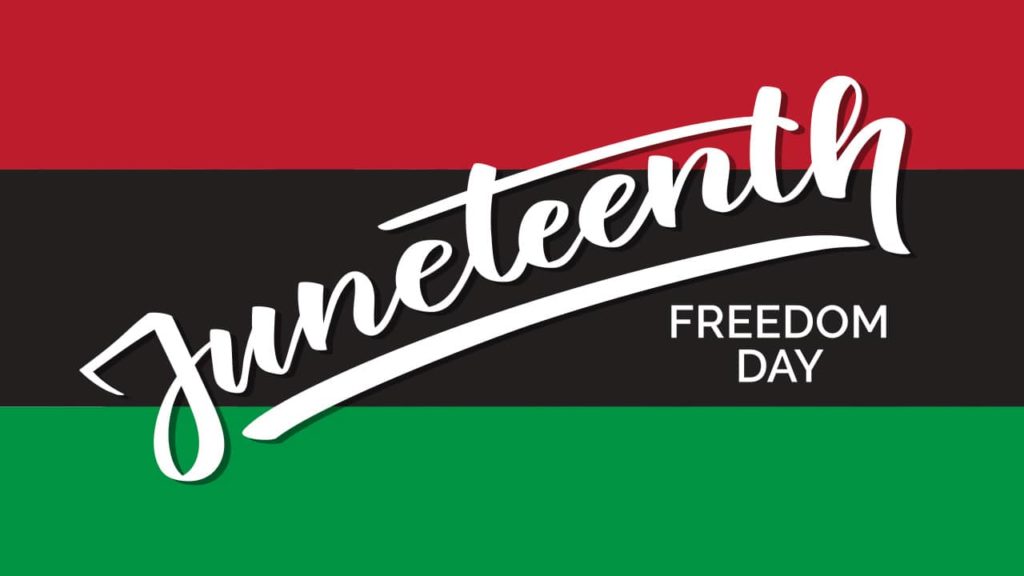
A group of Senators on Friday announced legislation to make Juneteenth — a day to celebrate freedom in the Black community — a federal holiday. Later that day, the Montgomery-based Southern Poverty Law Center (SPLC) announced its support of the bill calling it “long overdue.” “The national recognition of Juneteenth is long overdue,” said SPLC Action Fund President and Chief Executive Officer Margaret Huang. “We welcome the introduction of this bill to commemorate Juneteenth, a day that celebrates the end of slavery in the United States. Its introduction this year highlights the demands of protestors for an end to the killings of Black people by police and vigilantes. It is only by acknowledging the scourge of racism throughout our nation’s history that we will be able to move forward together. We urge all members of Congress to support its passage.” Juneteenth is a commemoration of the moment the last enslaved people in the United States learned of their freedom on June 19, 1865, which was over two years after President Abraham Lincoln delivered the Emancipation Proclamation. On June 19, Black people in Galveston, Texas, were notified their freedom had finally been secured.
Attorneys: Alabama Making Little Progress in Prison Staffing
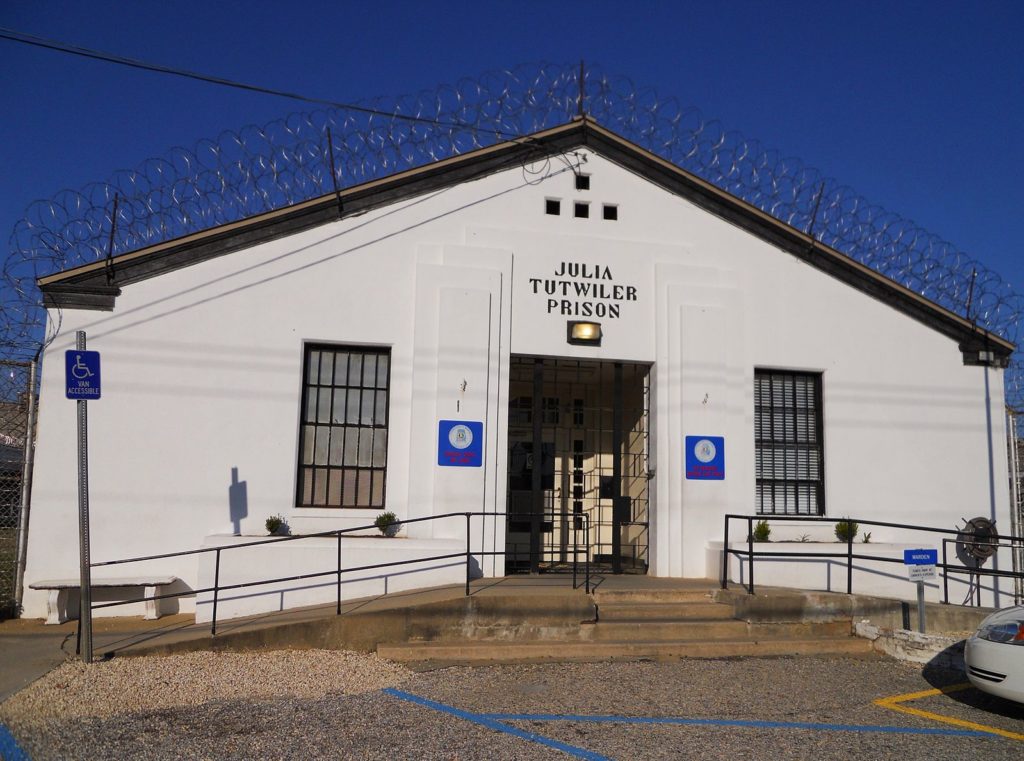
This follows a court order that state prisons increase staffing dramatically by 2022.
Southern Poverty Law Center employees vote to join union

Employees of Southern Poverty Law Center civil rights organization have voted to unionize, the SPLC announced Monday. The employees voted to join the Washington-Baltimore News Guild. The vote was 142-45, according to the SPLC union twitter account. Karen Baynes-Dunning, interim president and CEO of the Southern Poverty Law Center, said the organization’s employees “have spoken through a process that gave every eligible person the opportunity to weigh in on this important decision.” “We go forward as one SPLC with gratitude for the commitment and engagement of our talented staff and the work we will continue doing together,” Baynes-Dunning said in a statement announcing the union vote. A super-majority of employees this fall requested representation by the Washington-Baltimore News Guild, Local 32035 of The News Guild-Communications Workers of America, AFL-CIO. The nonprofit is perhaps best known for its work monitoring hate organizations but also does extensive civil rights litigation. The move to unionize follows upheaval at the organization that saw the departure of longtime leaders and the announcement of a review of workplace culture. The organizing committee has said that it wants to form a strong union that lays a “foundation for a legacy of equal rights, respect and dignity for all workers, regardless of race, color, religion, sex, sexual orientation, gender identity, physical ability, and national origin.” Republished with the Permission of the Associated Press.
Security camera catches people filming at lynching victim memorial
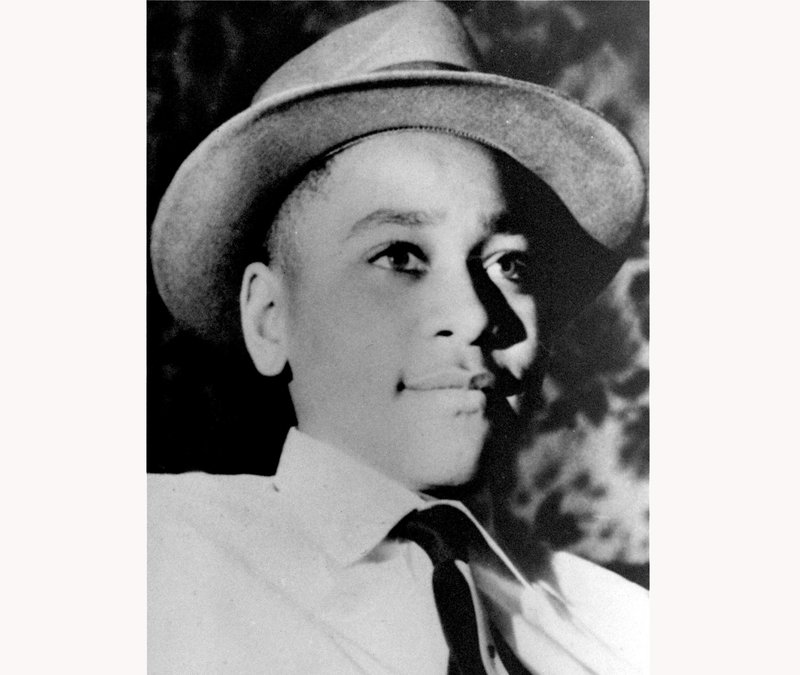
People carrying a white nationalist flag were caught on security cameras trying to film in front of a new memorial to lynching victim Emmett Till. Patrick Weems, executive director of the Emmett Till Memorial Commission, told The Associated Press that the incident was captured Saturday by new security cameras at the memorial site in Mississippi. Security video from the commission shows the people, including a person carrying the flag of a neo-Confederate group flag, filming at the site. They are seeing running away after a security alarm sounds. In the video, a man can be heard saying they are at the memorial “that represents the civil rights movement for blacks.” “What we want to know is, where are all the white people?” he continued before the clip ends. The group was carrying a white flag with a large cross, a symbol associated with the League of the South. The Southern Poverty Law Center has described the League of the South as a neo-Confederate hate group. “They basically showed a group of people coming out and filming what looked to be some kind of propaganda video at the historic marker,” Weems said. Till was 14 when he was kidnapped, beaten and killed in 1955 after he allegedly whistled at a white woman. An all-white jury in Mississippi acquitted two white men of murder charges. The memorial is at the site where Till’s body was pulled from the Tallahatchie River. Republished with the permission of the Associated Press.
Montgomery city council to revisit law requiring panhandlers be jailed

The Montgomery, Alabama, City Council is revisiting an ordinance that requires panhandlers be jailed for at least two days. It has been amended to criminalize passing money or objects through car windows to someone on a public road, making such acts punishable with fines or jail. The council is set to vote again on the ordinance on Tuesday. The Montgomery Advertiser reports the initial ordinance unanimously passed in July but has yet to be enforced or signed by Mayor Todd Strange. Homeless advocate Patrick Aitken says the ordinance would make his job impossible, barring him from distributing water and even his business card from his car. The Southern Poverty Law Center has threatened to sue if the ordinance isn’t vetoed. Information from: Montgomery Advertiser, https://www.montgomeryadvertiser.com. Republished with the permission of the Associated Press.


